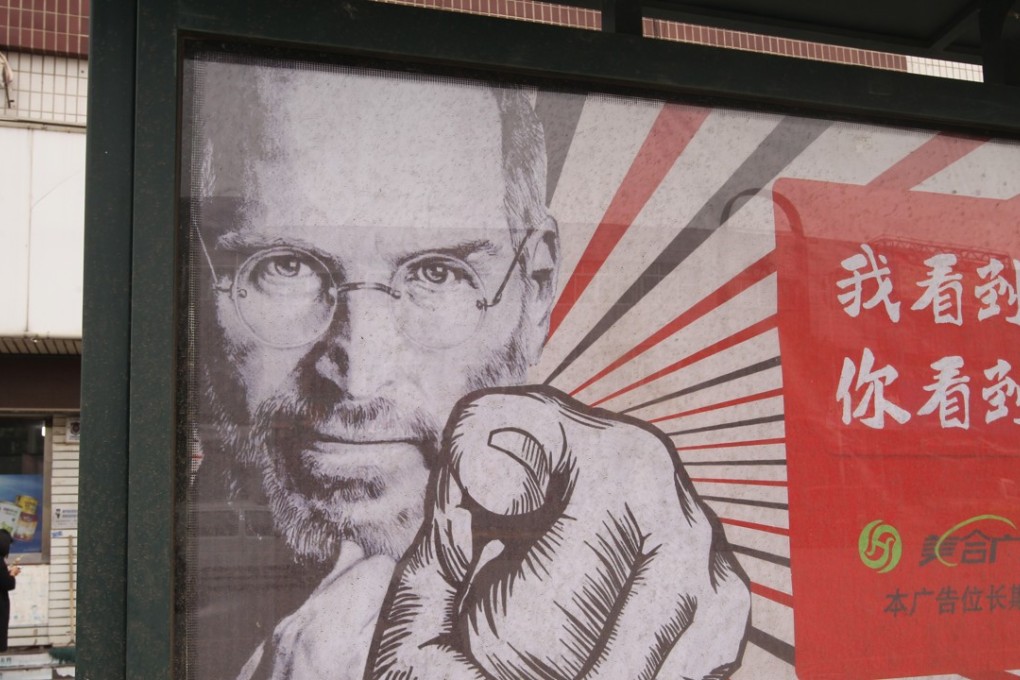Xiongan calls in ConsenSys to bring blockchain technology to Xi Jinping’s dream city
ConsenSys builds ethereum developer tools, incubates ethereum-based projects and advises companies and governments globally on how to use blockchain

Government officials behind Xiongan New Area, the Chinese president’s ambitious plan to transform dusty plains into a dream city, have engaged software company ConsenSys as a consultant on the use of blockchain, in another example of China adopting the technology behind cryptocurrencies despite bans on the digital money itself.
ConsenSys will advise the Xiongan government on how to use blockchain and provide software solutions, according to a ConsenSys statement on a memorandum of understanding (MoU) the two sides signed in Beijing on Monday.
“As one of our first major projects in the People’s Republic of China, we are excited to help define the many ‘use cases’ that could benefit from the trust infrastructure enabled by ethereum technology,” said ConsenSys founder Joseph Lubin in the statement, who also co-founded ethereum, the world’s dominant blockchain network and second most-valuable cryptocurrency after bitcoin.
The agreement with ConsenSys will be the first known case where an overseas company has been brought into the plan in Xiongan to marry blockchain with the city’s urban development. Previously the local government has announced partnerships with Chinese tech companies – including Tencent, Ant Financial and Qihoo 360 – to adopt blockchain in areas from finance to house renting to cybersecurity.
Established in October 2014, ConsenSys is focused on building ethereum developer tools, incubating ethereum-based projects, and advising enterprises and governments globally – from Dubai to the European Union – on how to use blockchain. The company currently has nearly 1,000 employees spread from New York to London to Singapore. China meanwhile has been pushing the adoption of blockchain and in 2016 it was written into the 13th Five-Year Plan, a road map for the country’s development in the five years to 2020.
The Xiongan government didn't immediately respond to the South China Morning Post's emailed request for further details about the MoU with ConsenSys.